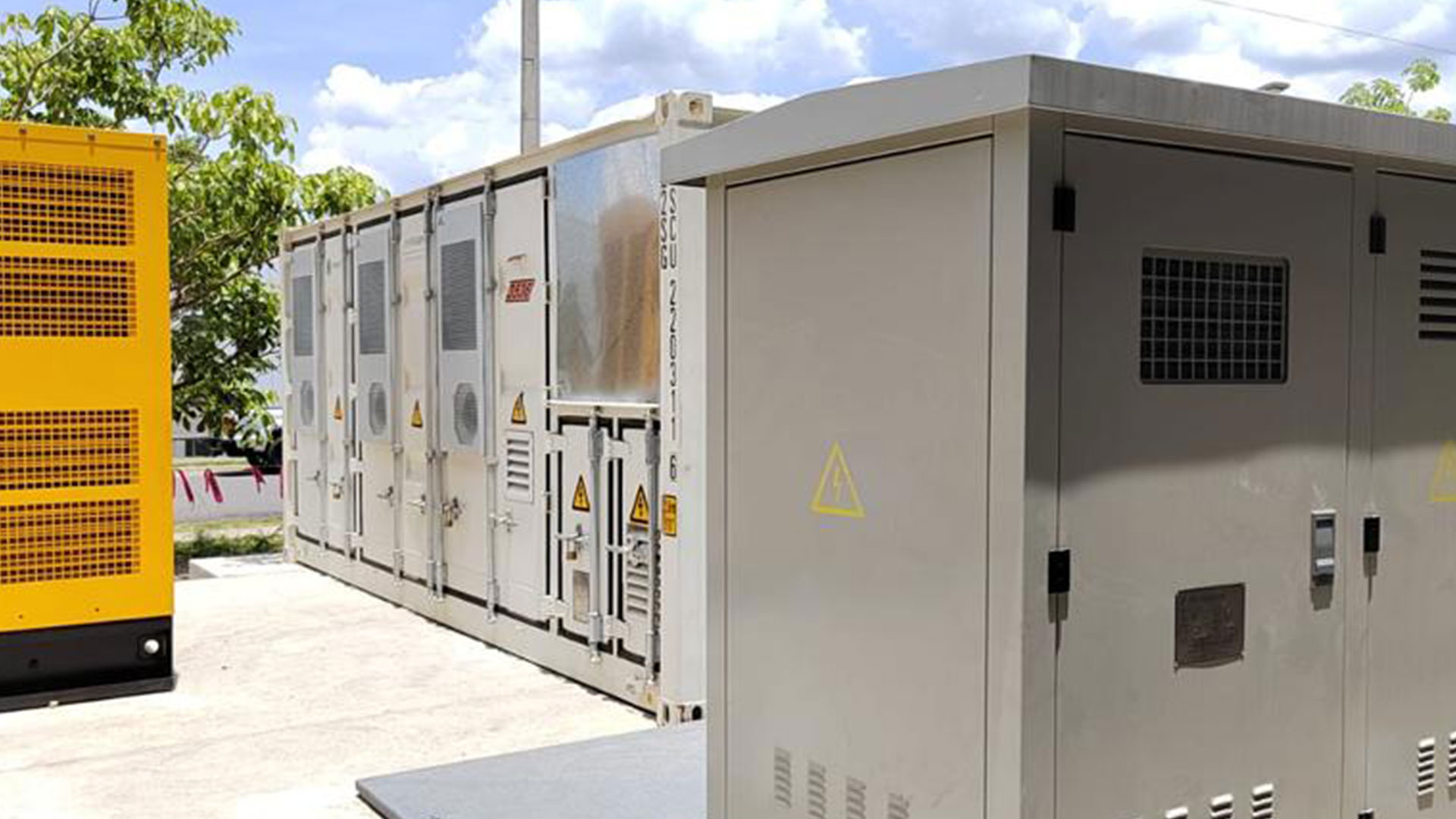State legislatures play an important role in creating state policies that remove barriers and encourage investment in energy storage technologies.
Energy storage technologies offer numerous benefits across all four energy segments:
At the generation level, energy storage can shift energy produced during low-demand periods to high-demand periods, reducing generation costs and enhancing system reliability. When deployed at the transmission and distribution levels, energy storage can improve reliability by managing power flows or reducing congestion on power lines, avoiding costly system upgrades. Last but not least, at a customer level, energy storage can be installed on-site to manage energy costs and provide backup power.

Net-Zero Future: Policies Supporting Energy Storage in Europe and UK
European Union
Europe has taken the lead in renewable fuels, batteries, and storage technologies. Clean energy solutions require storage and system integration, with energy storage being a critical component of the European Green Deal and the Fit for 55 green transition package. The Green Deal calls for a regulatory framework that supports the use of innovative technologies that utilize energy storage.
In 2020, the European Commission conducted a comprehensive study on energy storage, summarizing previous studies and reports while exploring current and potential markets for energy storage in Europe. The report provided policy and regulatory recommendations for energy storage. Since then, the European Commission has been publishing yearly progress reports on clean energy technologies, including energy storage and power systems integration, highlighting the significant strides made in this area.
Key Regulations and Initiatives:
- Directive (EU) 2019/944 of the European Parliament and of the Council of 5 June 2019 on common rules for the internal market for electricity and amending Directive 2012/27/EU (the EU Electricity Directive)
- Regulation (EU) 2019/943 of the European Parliament and of the Council of 5 June 2019 on the internal market for electricity initiatives (the EU Electricity Regulation)
- European Parliament resolution of 10 July 2020 on a comprehensive European approach to energy storage (2019/2189(INI))
- Council of European Energy Regulators (CEER) regulatory white paper on long-term storage: CEER “European Green Deal” White Paper series (paper I) relevant to the European Commission’s Hydrogen and Energy System Integration Strategies
- Proposal for a Regulation of the European Parliament and of the Council concerning batteries and waste batteries, repealing Directive 2006/66/EC and amending Regulation (EU) No. 2019/1020
- REPowerEU, amended on December 14, 2022, by the European Parliament; modifications concerned the amendments to the Renewable Energy, Energy Performance of Buildings, and Energy Efficiency Directives and included all energy storage projects under the new permitting rules for renewables projects
- The Renewable Energy Directive, the revision of which is expected to positively impact the energy storage industry by accelerating projects development across the EU
United Kingdom
The United Kingdom currently lacks a specific regulatory framework for energy storage, which has resulted in ambiguity and uncertainty within the industry. Nevertheless, the Electricity Act 1989 serves as the primary legislation governing electricity in Great Britain and provides a definition for the term “energy storage.”
In 2020, Ofgem, the Great Britain energy regulator, clarified that electricity storage is considered a form of electricity generation under the Electricity Act 1989. Consequently, any operator of an energy storage facility must obtain a generation license, unless they are exempted from doing so.
To address these issues and provide greater clarity for industry stakeholders, the Energy Bill 2022-2023 proposes an amendment to the Electricity Act 1989. The amendment would recognize energy storage as a distinct subset of generation, defined as “energy that was converted from electricity and is stored for the purpose of its future reconversion into electricity.”
By enshrining these changes into law, the UK government aims to facilitate the growth of the energy storage industry and create a more robust regulatory framework that provides clarity and certainty for all stakeholders involved.
Regulatory Requirements:
When applying for a generation license, the license holder must comply with various industry codes, including the Grid Code, Distribution Code, Balancing and Settlement Code, and Connection and Use of System Code. Additionally, according to the generation license standard conditions introduced by Ofgem (The Office of Gas and Electricity Markets):
- Electricity storage is defined as the “energy that was converted from electricity and is stored for the purpose of its future reconversion into electricity.”
- The “E1” license condition mandates energy storage providers to maintain and share precise information about their facilities with relevant suppliers. This requirement ensures the accurate application of final consumption levies, regardless of facility size.
Future Policy Options to Scale Up Energy Storage
According to E3 Analytics, the main advantages of future policy options to scale up energy storage are that they can improve grid stability, increase renewable energy integration, lead to cost savings, and foster innovation and resilience in the energy storage industry.
- Revise policies and wholesale market regulations to enable energy storage to receive compensation for a broader spectrum of services.
- Set up financial incentives to encourage the adoption of energy storage technologies.
- Enact binding targets for energy storage adoption to expedite market growth.
- Explore the potential of auctions for energy storage or hybrid VRE + storage projects.
- Give priority to customer-sited, behind-the-meter installations if direct financial incentives are to be implemented.
- Eliminate unnecessary technical and licensing requirements that hinder the adoption and integration of energy storage technologies.
- Reduce settlement times in electricity markets to bring them closer to real-time, which can provide better opportunities for rapid response technologies like energy storage.
- Introduce policies and incentives to promote the adoption of supportive smart grid technologies, such as advanced metering infrastructure and demand response.
- Foster a diverse ecosystem of battery chemistries to enhance resilience and reduce dependence on individual resources and minerals.
- Speed up the shift toward a circular economy by investing in local facilities for battery recycling.
Energy storage companies, such as Ampowr can help support this policy to boost energy storage. An energy storage company can invest in research and development, advocate for policy changes, explore new business models, collaborate with regulators and stakeholders, and foster sustainability by promoting a diverse ecosystem of battery chemistries and investing in local facilities for battery recycling and second-life applications.
In conclusion, energy storage companies can benefit greatly from the policy options mentioned above. Revising policies and market regulations can provide energy storage companies with access to new revenue streams, while financial incentives and binding targets can create new market opportunities. Moreover, promoting supportive smart grid technologies can enhance the sustainability of energy storage, creating new business opportunities and supporting a more circular economy.






